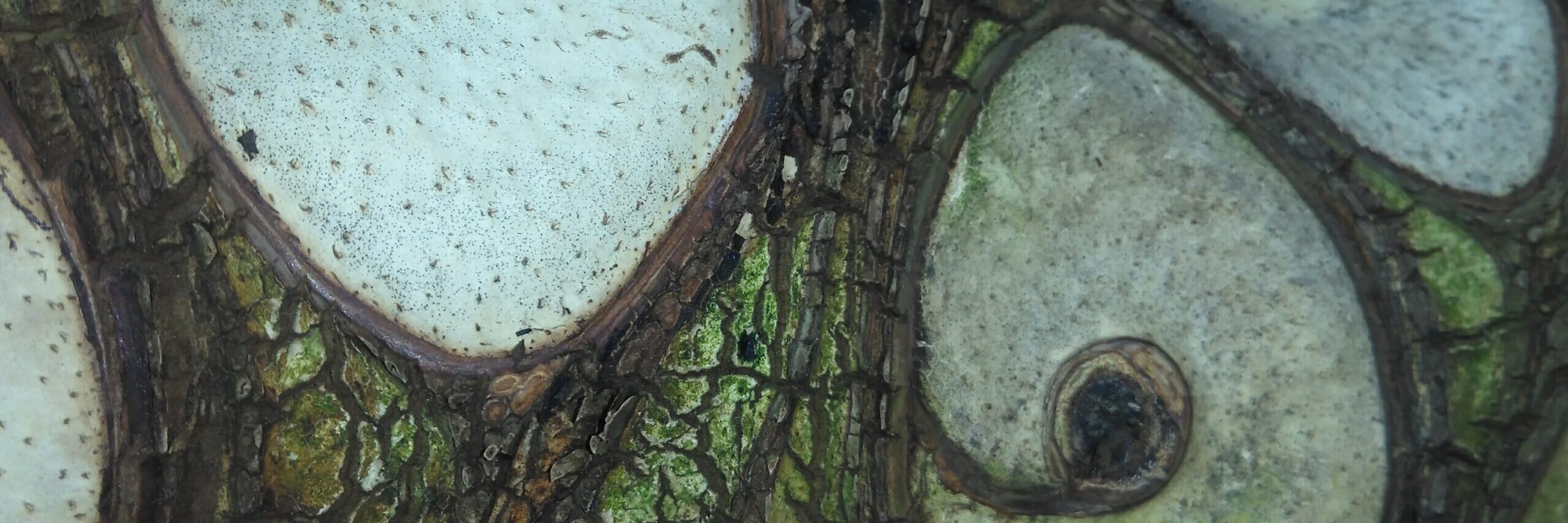In July I attended the Diocesan summer school sessions on ‘Becoming an Eco-congregation; a local response’ and ‘The Cost of Creation’. There were a few others from Emmanuel there apart from myself and a small representation from different churches.
In the first session we learnt about being an Eco-congregation through the experience of St Andrew’s Cobham. The two representatives lead us through the different aspects of what they did to become an Eco-congregation. They reminded us throughout that their focus wasn’t just to get an award to put on the shelf but it was part of their journey in understanding and being more active in creation care as a congregation. There was an opportunity to share in the discussion from the floor and bring questions and comments about your own church and its journey. It was good to see where other congregations were at and it was felt that it would be good to network with other churches and learn from them and maybe even have an overall Diocesan policy like Blackburn Diocese (see below).
The second session was led by John Rodwell former lecturer in Ecology at Lancaster University and as he stated a worker- priest. (For those who know a little about conservation he was instrumental in writing the National Vegetation Classification – NVC)
We had been sent a paper to read which was ‘A Vision of Creation; Draft Environmental Policy and procedures for Blackburn Diocese’. The paper was to inform our thinking but wasn’t used verbatim in the session.
John started us off by thinking about the sacrificial generosity of God, instrumental in starting creation. He used a number of classic paintings and art throughout which related faith to nature such as the 16th century Tapestry of the crucifixion Chateaux de L’anglais. He told us of what ecology meant and of its roots from the Greek word oikos– meaning household of nature (‘ology’ is the science or study of). There was opportunity to ponder some questions and statements that he brought, then go into 2’s and 3’s and discuss. (I had Ed Varley to discuss with and another, Sally was the other side sharing with someone else).
The first question to think about was, how do I know God’s generosity? This led us to look at who God is and what he is like. He holds all things together and in the creation he made He leaves room for things not Himself. And living with things not Himself is a risky and dangerous thing to do. He makes room for suffering, He makes room for the mundane, you can go on with the list. And as a result of his generosity we may have unbidden experiences of nature. We were asked whether we had any that week. It is part of our mission to tell others of this amazing generosity. Certain bodies and scientific groups are endeavouring to quantify what the environment does for us but really it is unquantifiable; you can’t put a value on it.
Members within the group discussed or commented on such subjects as our worship and whether it had a place for considering nature eg. Like the Psalmist; our food and whether we took into account where it had come from (in all senses of the meaning).
He touched on a particular liturgy (forgive me I am unfamiliar with Anglican liturgy!) A Song of Creation Benedicite, omnia opera Domini Song of the Three Young Men, 35-65 Canticles “All ye works of the Lord” and how parts of it are missed out to the detriment of the worshippers.
http://www.bookofcommonprayer.net/canticles.php. He also talked of a blessing he does when he collects his plants “We vouchsafe to bless and sanctifie these thy gifts and creatures” BCP prayer of consecration. We discussed about harvest and whether we acknowledged creation and the creator in our worship or whether it was just about blessing the community and being aware of the Father’s provision. Blessings are a way of sharing our dependence on God.
The session was very thought provoking and helped me to see things in a new way.
